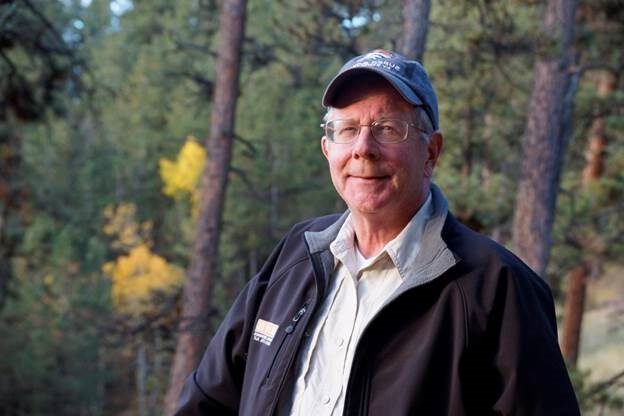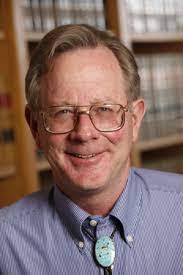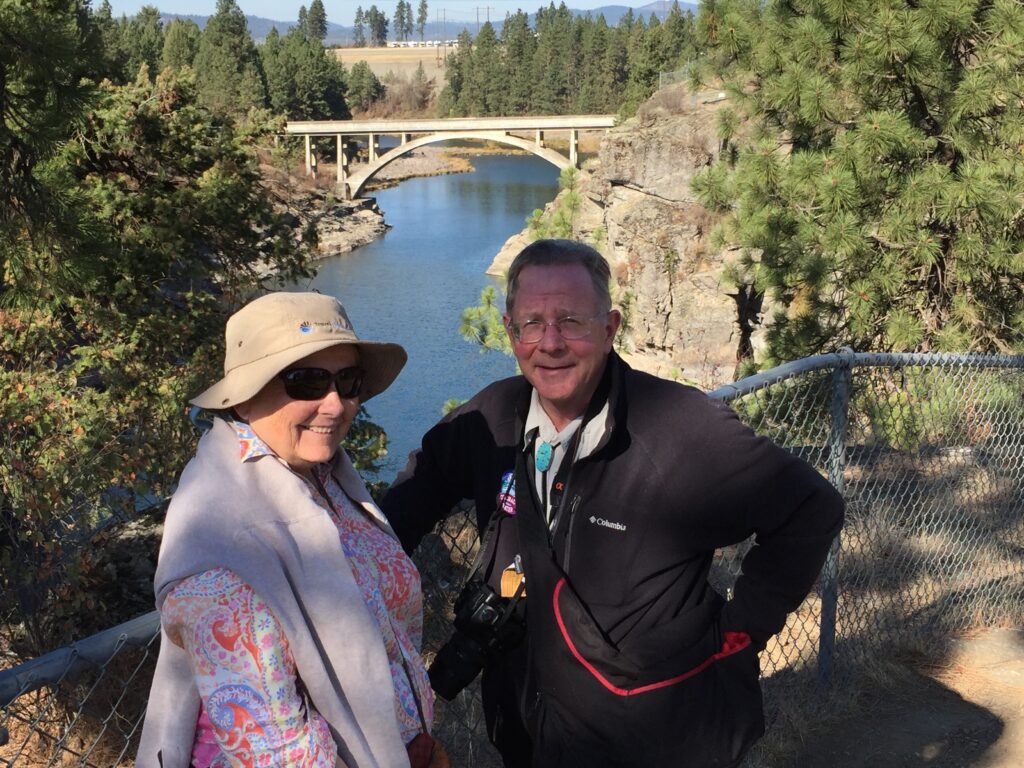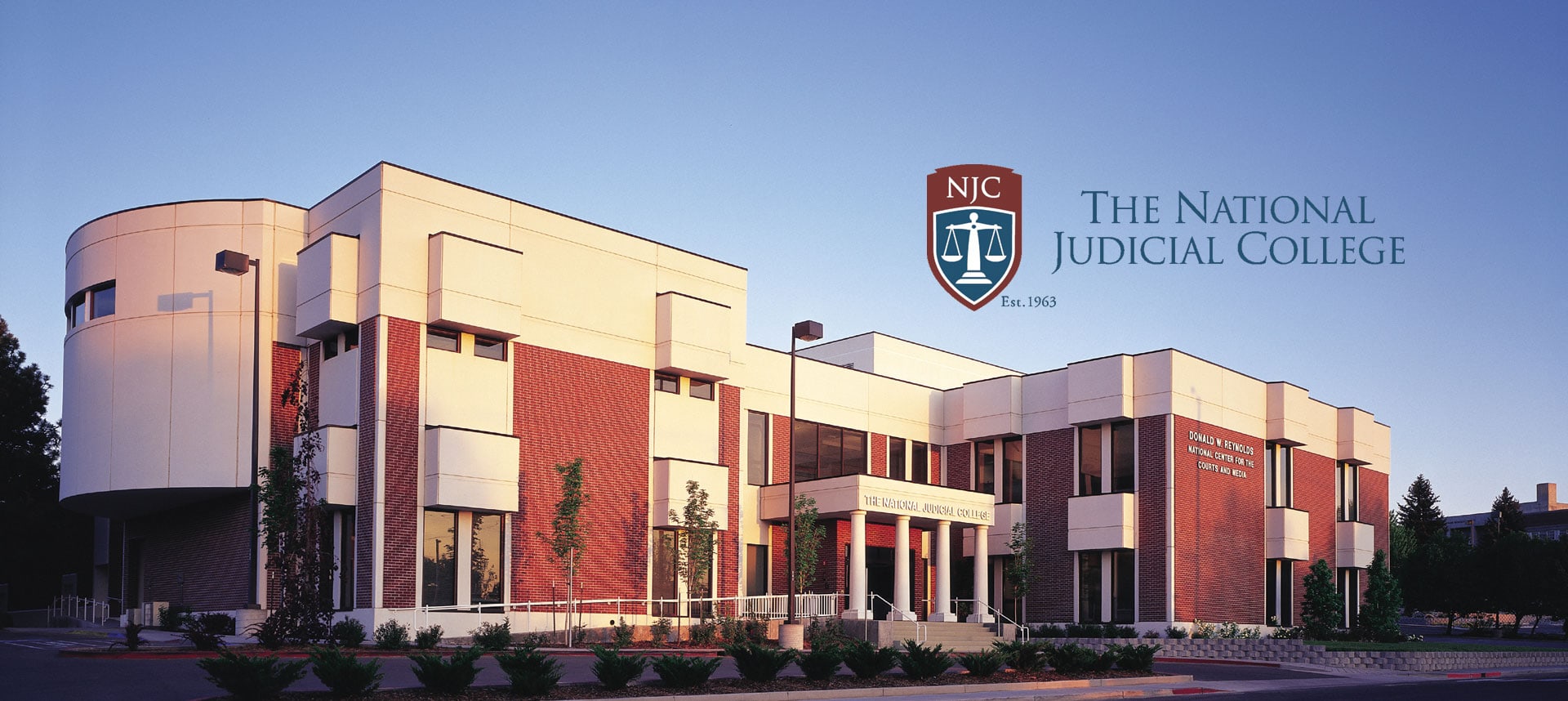

One of the founders of the College’s water law program Dividing the Waters, Justice Greg Hobbs, passed away on November 30, 2021. He reportedly suffered a pulmonary embolism two weeks and one day shy of his 77th birthday.
“For both the legal and water communities, and really all whose paths crossed his, the loss is heartbreaking,” read a post from Water Education Colorado, an organization he helped found in 2002.
Those who knew Justice Hobbs describe him as a unique person whose love of the outdoors and the law was surpassed only by his love of family.
At one time he studied to be a priest. He served with the Peace Corps in South America. He was passionately interested in both Colorado’s history and the state’s future, especially when it came to responsible management of water and other natural resources.
In addition to being a widely respected lawyer, jurist and writer on legal issues, he was an accomplished teacher, a historian, poet and photographer. Warm and friendly with his colleagues on the bench, he treated his law clerks like family and strove to cultivate in his clerks and, later, his law students the same love for the law that he felt.
In this month’s Network Note newsletter of Dividing the Waters, fellow DTW founder and retired administrative law judge John Thorson writes of his friend: “What he leaves us more than anything is his optimism: a contagious faith that, with well-conceived law as our guide, we can solve our social problems and do so humanely and respectfully.”
Justice Hobbs devoted most of his legal career to water, land use and other environmental and natural resources issues. Throughout his 19-year tenure on the Colorado Supreme Court, 1996 to 2015, he was the recognized expert on many such issues.
Soon after being appointed to the court he became one of the original “conveners” of Dividing the Waters, which began as a forum on western water rights adjudications. The initiative grew into a networking organization and educational program for judges, special masters and referees who preside over complex water litigation, especially, but not exclusively, in the arid West.
NJC President Emeritus William Dressel said Justice Hobbs was the convener most responsible for uniting DTW with the NJC. Among the early collaborations were programs about hydrological fracking for judges in the East and Midwest. The programs explored legal issues just beginning to arise over the practice of injecting fluids into subterranean rocks to force open fissures and extract oil or gas.
In Water Education Colorado’s statement on his passing, the group noted that during Justice Hobbs’ time on the Colorado Supreme Court, he authored more than 250 majority opinions, many of which dealt with water law.
“He was an exceptional jurist, principled and deliberate, noting that every word in every opinion mattered,” the organization said.
That precision with language carried over into his avocation of writing poetry, some of which was published. He wrote poems on many different subjects: law, water, the outdoors, family.

He would occasionally send his poems out to the state’s bench generally, says Colorado Senior Judge W. Terry Ruckriegle, a member of the NJC faculty and former NJC trustee.
“He was just a very warm and friendly person – which all of us judges aren’t necessarily.”
Judge Ruckriegle said that at meetings, Justice Hobbs would make a point of speaking to every judge and ask how they were doing, knowing how isolating the role of judge can be.
Judge Ruckriegle said that in addition to his interest in water, Justice Hobbs was also a strong and vocal advocate for equal access to justice and for Colorado’s merit selection process for judges.
“He was just an outstanding person who liked people, liked history, liked the outdoors and just loved Colorado,” Judge Ruckriegle said.
He was also known for supporting the nearly 60 law clerks he hired while on the Supreme Court. One of the last of those, in 2014-15, was Judge Ruckriegle’s daughter Heidi Ruckriegle, now ethics counsel for Western Union in Denver.
“Just the way he approached his role on the bench was really impressive to me as a young attorney,” she said, “particularly in his care for making the right decision, for what role he played in not only interpreting the law but shaping the law and understanding the impact of that. He did not take that responsibility lightly.”
She said he was also intent on creating an enduring community of his clerks. That included gathering as a group every other year at his mountain cabin for a picnic barbecue. Other times the group would go whitewater rafting.
Earlier this year Holiday River Expeditions published some of his river poems online, including “Blessing Of The Rings”:
Toss a pebble in a pool,
random concentric circles migrate
from the source of all-encompassing.
From these beginnings these circles
have no endings, traveling through
space and time on a raft passing through
prehistoric sand dunes hung with spider
webs, swallow nests, and Moki steps.
Two seeds fall into a niche
and two ponderosa grow side by side,
who or when or why or how are paired
in the where of the CanyonLands.
Heart and source,
soul and reason,
love ripples.
One of his colleagues on the Supreme Court, Justice Rebecca Love Kourlis, who retired in 2010, said, “The current chief told me that when he went on the court, Greg said to him, ‘I hope you come to love this job as much as I did.’”
In the press release announcing Justice Hobbs’ passing, that current chief, Brian D. Boatright, said in part about Justice Hobbs: “His affinity for the outdoors and his love for exploration were unmatched, as was his desire to inspire others.”

The Hon. Mary-Margaret Anderson (Ret.), a retired administrative law judge with the California Office of Ad...

Happy October, Gaveliers faithful. Are you loving this or what? No one believed a team made up of judges...


Hon. Diane J. Humetewa, the first Native American woman and the first enrolled tribal member to serve as a ...

Retired Massachusetts Chief Justice Margaret H. Marshall has been selected as the 2024 winner of the presti...